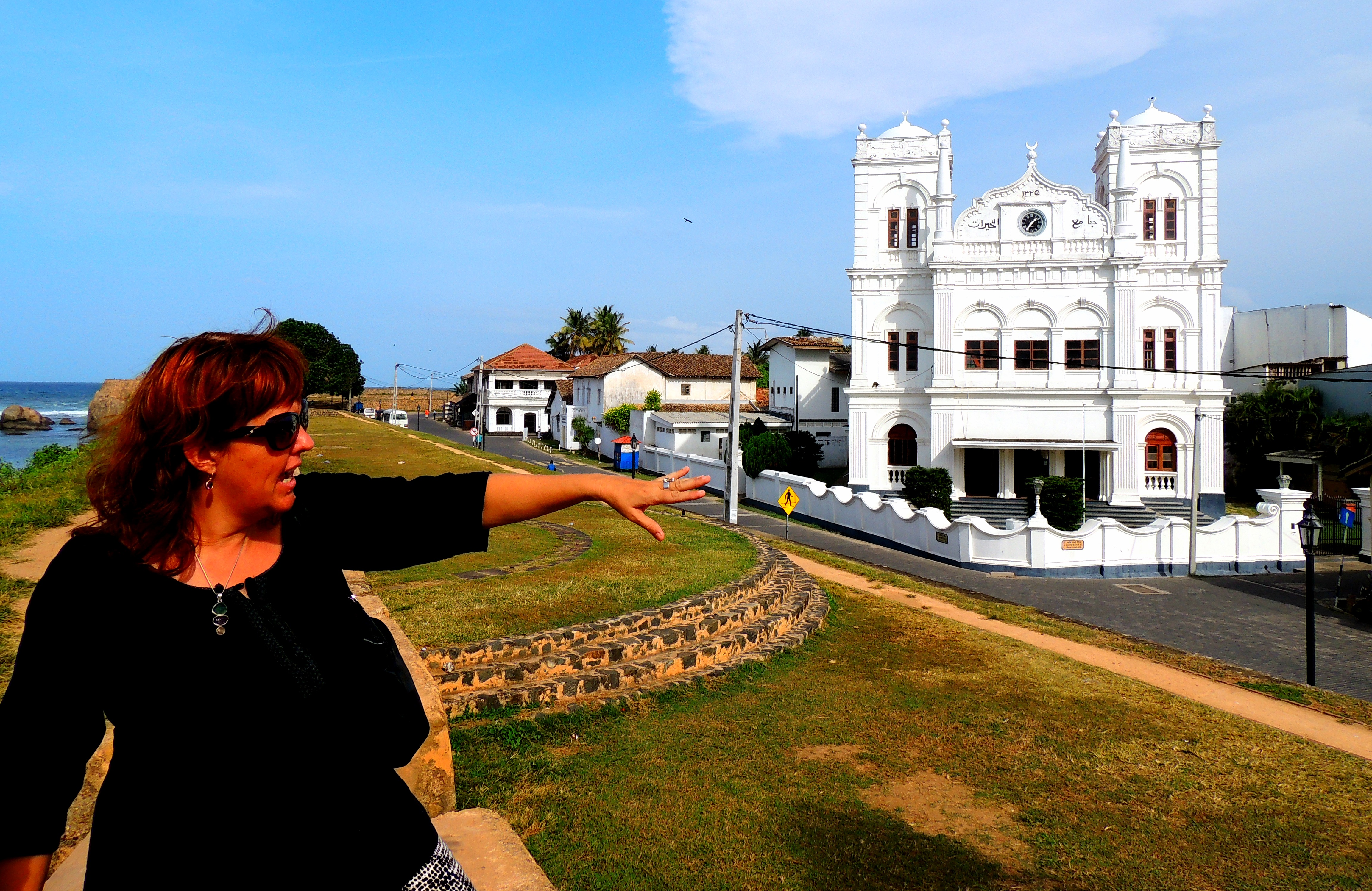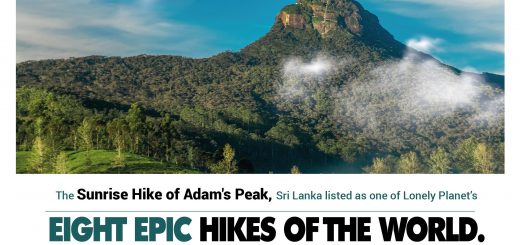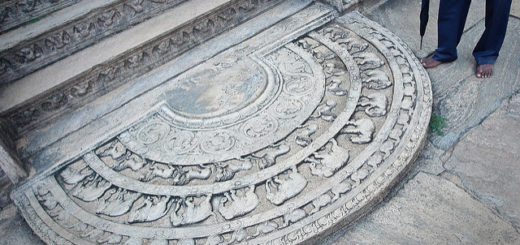The World Through a Turtle’s Eyes
by · Published · Updated
The world and the universe run along a biological cycle which creates food chains that protects the bio diversity in a natural surface or area. Sea turtles too are endangered from the face of earth not only due to the main predators such as killer whale, shark and large fish and at the early stages of the sea turtle is most vulnerable due to many predators such as birds, mammals, crabs, fish and most commonly humans who collect turtle eggs as aphrodisiac; as a symbol of fertility and they are exported to other Asian countries in hundreds of thousands of eggs yearly. The extinction of sea turtles began not because of the predators that actually controlled the population of sea turtles, but the acts of human beings who considers the turtle shell as a rare product that has high demand due to its rare design.
Following this need of human beings, the Hawksbill turtle has been hunted into extinction from the phase of earth.
At Kosgoda Turtle Hatchery, they believe in safeguarding the species of sea turtle and the conservation project not only gives the upper hand for those visitors to take part in the voluntary work, but also encourages locals to contribute to the work.
The season for the turtle hatch-lings are mainly from November to February and the southern coastal belt is famous for turtle nesting.
Kosgoda or Rekawa Turtle Watching Camp:
Day 1 Arrival
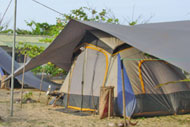 Check into campsite at 3 p.m. (Rekawa Turtle Observation Camp)
Check into campsite at 3 p.m. (Rekawa Turtle Observation Camp)
‘Turtle Watch’ program on the Kosgoda/Rekawa beach where visitors can observe the ancient ritual of turtles coming ashore and laying eggs. Five out of the seven species of marine turtles that are familiar (but endangered) come to nest in this part of the Sri Lankan coastline, making it an ideal location to marvel at one of nature’s most fascinating processes!
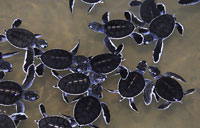 Located very close to the Rekawa beach itself, the TURTLE OBSERVATION CAMP is an ideal location to be based for Turtle Watching because the staff can do the waiting for you – waking you up when the turtles have arrived! Forget any ideas about cramped tents and sitting on the ground for meals – this is camping in style! The camp is set up prior to your arrival, transporting in comfortable tents, a fully equipped kitchen, chairs and tables, hammocks, flush-able toilets, showers and even cold beer. In the evening you can enjoy a hearty BBQ meal in a magical setting – the whole area is lit up with traditional flame torches and a roaring campfire. So sit back, relax and let our experienced staff cater to your every need.
Located very close to the Rekawa beach itself, the TURTLE OBSERVATION CAMP is an ideal location to be based for Turtle Watching because the staff can do the waiting for you – waking you up when the turtles have arrived! Forget any ideas about cramped tents and sitting on the ground for meals – this is camping in style! The camp is set up prior to your arrival, transporting in comfortable tents, a fully equipped kitchen, chairs and tables, hammocks, flush-able toilets, showers and even cold beer. In the evening you can enjoy a hearty BBQ meal in a magical setting – the whole area is lit up with traditional flame torches and a roaring campfire. So sit back, relax and let our experienced staff cater to your every need.
Evening at leisure and learn more about Turtles.
Late Evening (8.00pm) turtle watching on beach (guests can choose to stay in the camp and then be woken up when staff have spotted turtles).
TURTLE WATCH AT REKAWA/KOSGODA
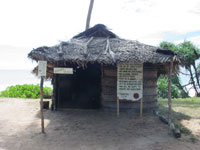 Five out of 7 species of marine turtles come ashore to nest in Sri Lanka. “Rekawa” is one of Sri Lanka’s most important marine turtle nesting places, where all 5 species come to nest throughout the year. Even though there isn’t any guarantee that marine turtles come to nest every night, you will be guaranteed an exciting night time adventure on one of the world’s most beautiful beaches.
Five out of 7 species of marine turtles come ashore to nest in Sri Lanka. “Rekawa” is one of Sri Lanka’s most important marine turtle nesting places, where all 5 species come to nest throughout the year. Even though there isn’t any guarantee that marine turtles come to nest every night, you will be guaranteed an exciting night time adventure on one of the world’s most beautiful beaches.
Dinner and overnight stay at the Tangalle/Rekawa Beach Camp
Schedule
• Arrival at the Rekawa camp for lunch
• After lunch till evening at leisure
• Late in the evening Turtle Watching at 8.00 pm. This may continue till 1.00am in the early morning
Day 2 Departure
Departure after breakfast at the camp site
Note: High peak season for Turtle Watching Ma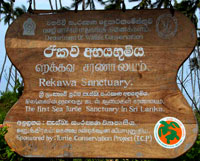 rch – May. Normal period for turtle watching November – February
rch – May. Normal period for turtle watching November – February
Cost based on 2 Pax group Cost per Person USD $
Standard Tent $ 320
Cost Inclusion
– Half Board meals and Dinner with BBQ
– Chilled beers, Wine and local spirits
– Tea and Coffee
– Tented Accommodation
– Entrance fee
– Nature Guide
For more information email: [email protected] Call 00 9411 2462 7739 or visit our website for more information: www.srilankatailormade.com


